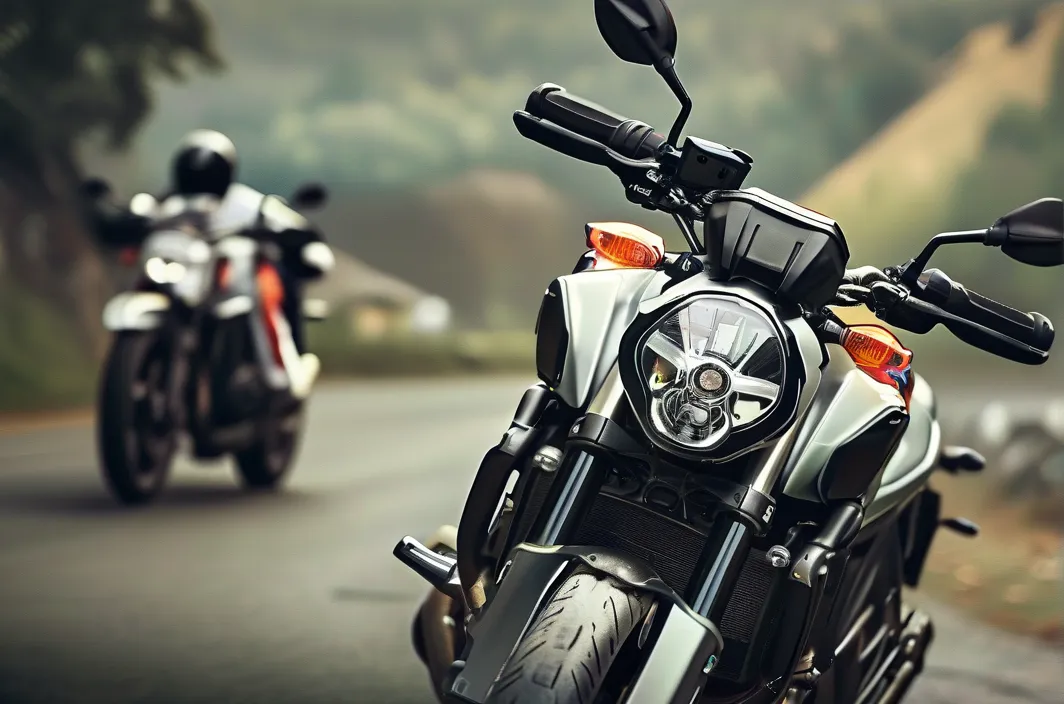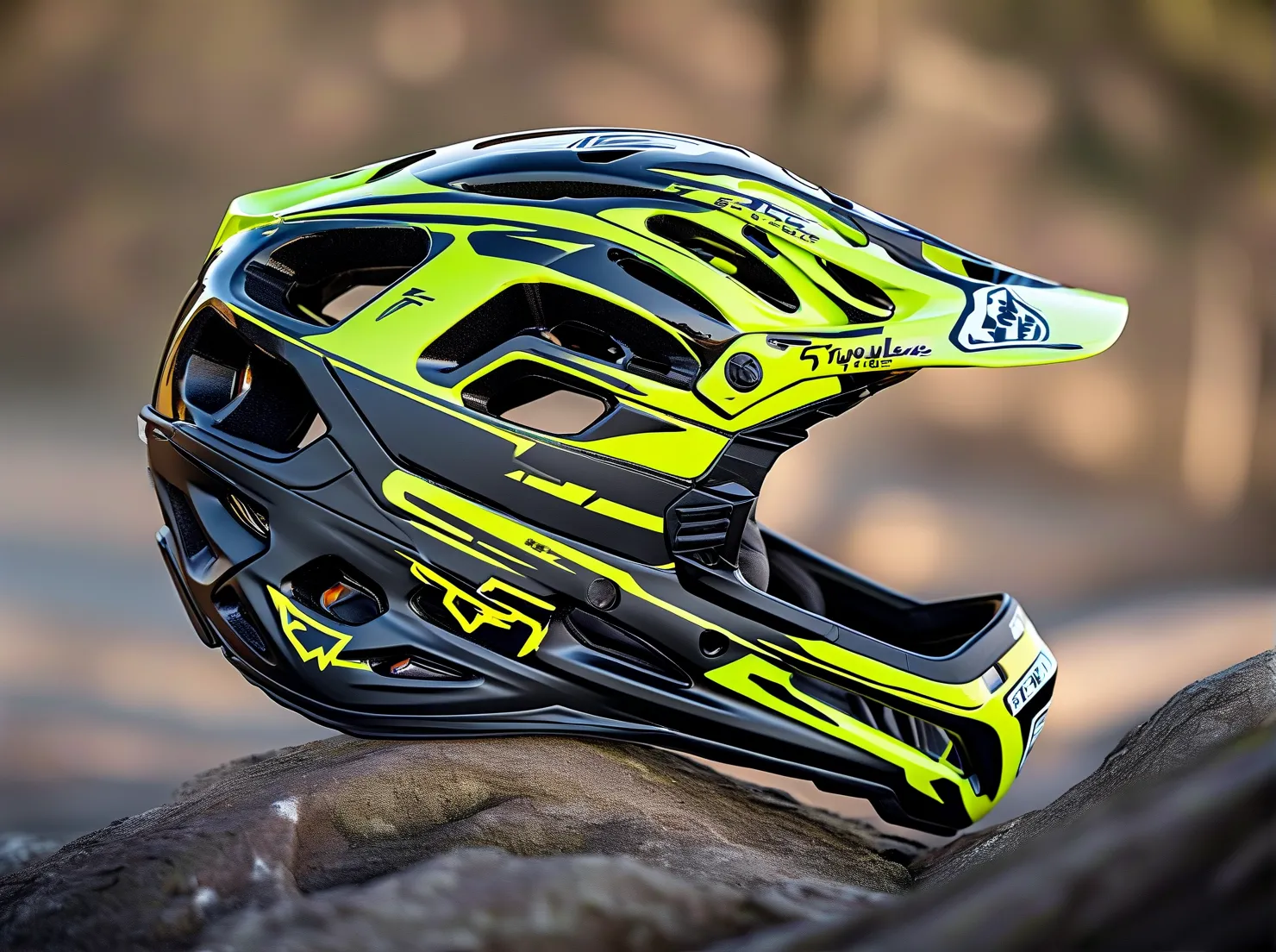The motorcycle repair industry is projected to grow 6% through 2032 according to the Bureau of Labor Statistics, with certified technicians earning 23% higher wages than non-certified peers (ASE Education Foundation, 2024). This guide breaks down the most efficient path to motorcycle mechanic certification while avoiding common training pitfalls.
Step 1: Choose Your Training Pathway
Quality education forms the foundation of motorcycle technician careers. Three primary options exist:
-
Postsecondary Programs (9-24 months)
Accredited schools like Motorcycle Mechanics Institute (MMI) and Universal Technical Institute (UTI) offer comprehensive curricula covering:
– Engine performance diagnostics
– Electrical systems troubleshooting
– Advanced fuel injection systems
– EPA-compliant emissions testing -
Manufacturer-Specific Training
Major brands like Harley-Davidson and Honda provide factory-authorized programs combining classroom instruction with hands-on shop experience using actual service manuals. -
Apprenticeships
The National Institute for Automotive Service Excellence (ASE) reports apprentices typically complete certification 30% faster through structured mentorship programs at dealerships.
Step 2: Master Core Competencies
Modern motorcycle technicians require proficiency in:
- Computerized diagnostics (including OBD-II scanners)
- Hybrid/electric powertrain systems
- ABS and traction control maintenance
- Telematics integration (2025 BMW R1300GS case study)
Industry survey data shows 68% of shop managers prioritize candidates with specific OEM software training (iATN, 2023).
Step 3: Obtain Essential Certifications
While requirements vary by state, these credentials boost employability:
-
ASE Motorcycle Certification
Tests include:
– Engine Repair (A1)
– Electrical Systems (A6)
– Advanced Specialist (E3) -
EPA Section 609 Certification
Mandatory for handling refrigerants in air-conditioned touring bikes -
Manufacturer Credentials
Example: Yamaha YTA Level 1-3 certifications
Pro Tip: The Motorcycle Safety Foundation offers test preparation workshops at 120 locations nationwide.
Career Acceleration Tactics
-
Specialization Pays: Technicians focusing on electric motorcycles command $58,340 median salary vs $44,090 generalists (BLS, May 2024)
-
Tool Investment Strategy: Prioritize:
– Digital torque wrenches ($150-$400)
– Cylinder leak-down testers ($220-$600)
– Manufacturer-specific scan tools ($800-$2,500) -
Continuing Education: Complete annual OEM webinars on emerging technologies like Kawasaki’s hydrogen combustion systems
The average certified motorcycle technician achieves full career progression in 5-7 years, with top earners exceeding $78,000 annually in metropolitan markets (PayScale, Q2 2024). Stay updated through resources like the American Motorcyclist Association’s technical bulletins and participate in manufacturer recall repair programs to build service history credibility.
Career Resources:
National Coalition of Motorcyclist Technician Educators | ASE Practice Tests | MSF State Requirements




Leave a Reply